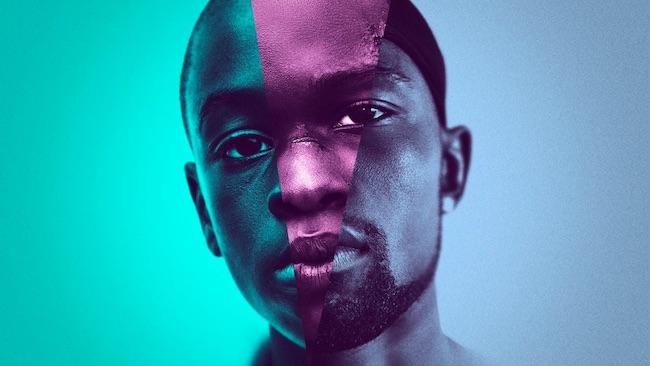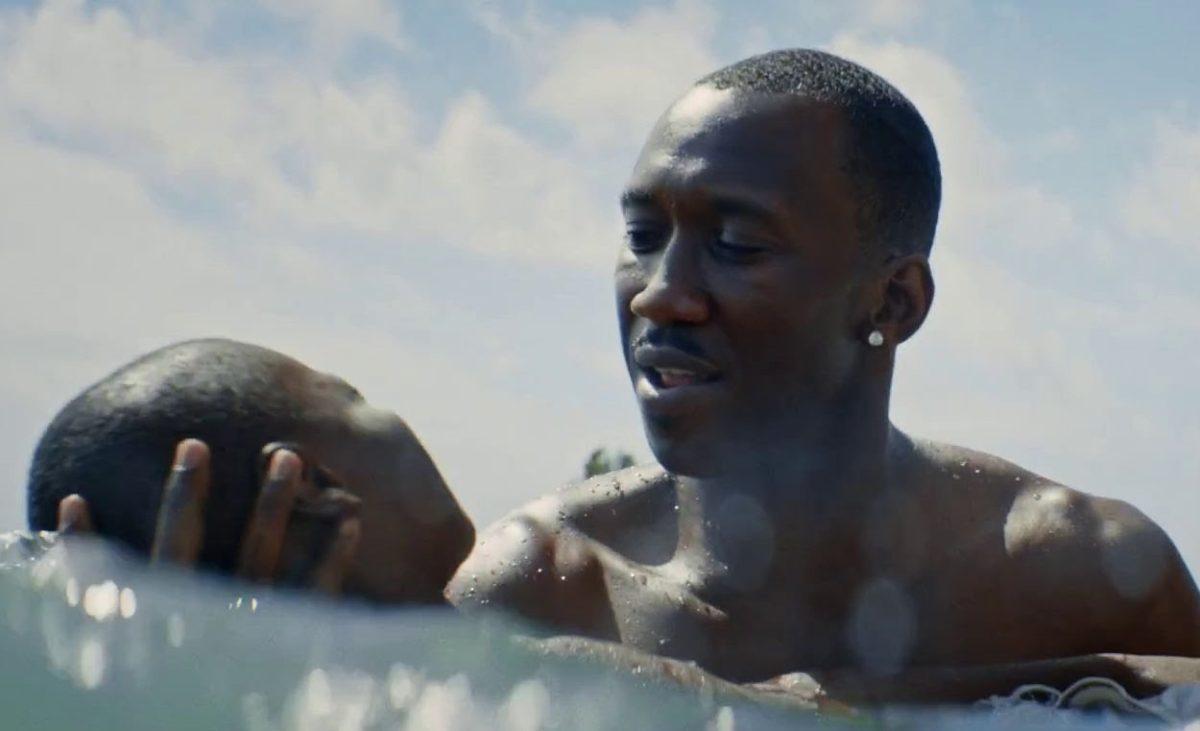
Photo courtesy of nerdreactor.com
With a Golden Globe Award for Best Motion Picture and now three wins at the Academy Awards, “Moonlight” has received continuous praised since its release last November. Many predicted that the small, independent film, which had a budget of only $1.5 million, would win big this past Sunday at the 89th annual Academy Awards. Those predictions were correct, and despite the dramatic mistake of naming “La La Land” the winner, “Moonlight” came away with the Academy Award for Best Picture. “Moonlight’s” nominations and success are meaningful—a win for “Moonlight” is a win for black representation at the Academy Awards.
Story by Alexis Tatum
“Moonlight” is a story about a young black man named Chiron growing up in a rough Miami neighborhood. Through the stages of his life, Chiron struggles to find himself and survive his suppressive environment. His mother is a drug addict, his neighborhood is violent and drug-riddled and Chiron is constantly bullied by other boys his age, but these things are not central to the story. One of Chiron’s biggest issues is his struggle with his sexuality. It’s rare to see a serious portrayal of a queer black man on any media platform. Usually, a gay or feminine black man on a movie screen is comical, as seen in Tyler Perry movies such as “Madea’s Family Reunion or Madea goes to Jail.” In “Moonlight,” however, we meet a sensitive, soft-spoken black boy who tries to balance being both masculine and homosexual in a world where that is unheard of. By presenting a multifaceted character like Chiron and his personal self afflictions, “Moonlight” has become a story that many can relate to despite gender, sexuality, or race.
The phenomenal, cast includes gems like Mahershala Ali, Janelle Monáe, Naomie Harris and the University of Texas at Austin’s very own Trevante Rhodes. This entirely black cast is exemplary of the kind diversity that the film world needs. Though the film features racial issues, it is not defined by its blackness. This is not a film about slavery or civil rights, proving that films about black people are not limited to that of our race. The film also features amazing cinematography and a powerful soundtrack, both of which have been heavily praised.
“Moonlight” is also credited with helping end the diversity drought at the Oscars that’s been publicly criticized for lack of minority representation with the hashtag, #OscarsSoWhite. For the last two years specifically, the Oscars have majorly lacked in representation of people of color and the LGBTQ+ community. “Moonlight” is a major been a step in the right direction. With that in mind, it’s impressive that the film to break that ugly streak was the work of Barry Jenkins, a young and unheard of filmmaker who admittedly hadn’t made a movie in eight years. In fact, Jenkins only made one movie prior to Moonlight and had struggled with deciding to continue his career as a filmmaker. Similarly, Trevante Rhodes completely switched career paths shortly before graduating from UT. At “‘Moonlight’: A Conversation With Trevante Rhodes” hosted by Campus Events and Entertainment at Hogg Memorial Auditorium last week, Rhodes admitted that he only considered acting after taking a theatre class during the second semester of his senior year, as a graduation requirement. Considering that both the director and an important character almost didn’t even pursue film, it seems as though “Moonlight” came to be by fate.
The timeliness of Moonlight is one of the most defiant and prominent aspects of the film and its success. We’re living in a time where inclusion is more important now than ever. The immigration issue in the United States, the rights of the LGBTQ+ community, Islamophobia and other social issues have both separated and united people from all walks of life. “Moonlight” is relatable to a vast audience and challenges the norms of society, asking why we shouldn’t accept things that are different to us. To put it frankly, this film matters. “Moonlight” deserves all the recognition that it’s getting, and more.











































